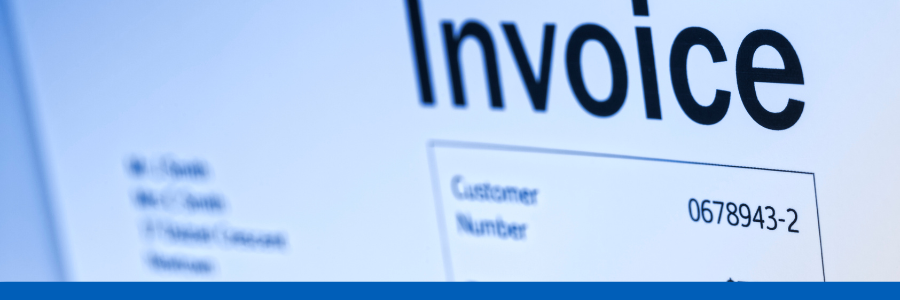
The University Treasurer’s Office is responsible for a variety of functions associated with payment processing to vendors, students, and employees. The Accounts Payable Team focuses on the timely audit and processing of all invoices in compliance with appropriate rules and regulations.
As part of UMass Fiscal Year End (FYE), invoices must be received on or before Saturday, June 21. This also includes all transactions that are entered directly into Peoplesoft. We’ve gathered four best practices to help you provide successful processing for the FYE.
Understand Key Posting Requirements
Did you know invoices only need to be posted to the General Ledger (GL) to be allocated to the current fiscal year? As long as the voucher is processed in the system before the year-end deadline of Saturday, June 21st, the payment date itself does not affect the allocation.
Submit Invoices Early
Don’t wait until the final weeks of the fiscal year to submit invoices or resolve outstanding issues. Early action is key to ensuring a seamless closeout process.
- The earlier invoices are submitted, the easier it is for the AP team to process them on time. Delays may create backlogs that jeopardize meeting year-end deadlines.
- Always ensure the Purchase Order (PO) number is referenced directly on the invoice itself before submission. This ensures proper matching and faster processing.
- Be aware that your campus may have submission deadlines that occur before the dates provided by UPST.
- Please do not attach an invoice to your PO in BuyWays, as we will not be able to see it. Invoices must be submitted to invoices@umassp.edu.
Managing Receipts and Approvals
Did you know BuyWays automatically notifies PO owners daily for 30 days if a receipt is missing, but this may not always reach the correct person. Many invoices are delayed because they are pending a required receipt entry. Departments should proactively communicate with receivers to ensure receipts are entered.
If a PO owner leaves the organization or will be out of office, departments should notify UPST to assign a new owner to prevent invoice delays. For urgent cases, individual vouchers can be reassigned on request if the new approver has the correct role in the system.
Check the Payment Status of Your Invoices
To check the payment status of your invoices, both you and your supplier can use the Check Payment Tool on the UPST website or interact with the AI chatbot, Buddy. Simply enter the UMass Purchase Order (PO) number to view the current payment status, which reflects information as of the previous business day.
When searching for a payment, use the PO number provided by UMass. All associated invoices will appear, if applicable. If multiple invoices are displayed, you can identify the correct one by looking for the Supplier Invoice Number and expanding the details to see the relevant information.
Below are a few helpful definitions when using the Check Payment Tool. You can see a full list in the right-hand side of the tool:
- Purchase Order #: This is the University’s purchase order number.
- Invoice Number: This refers to the supplier’s invoice number. If no invoice number was included on the invoice, it will be the invoice date.
- Payment Status: This section indicates whether the payment is marked as paid or unpaid.
- Payment Date: This is the date that the invoice is scheduled to be paid in our accounts payable system.
- Payment Method: This indicates the method used for payment. The codes are as follows:
- WIR: Direct deposit payment via wire transfer
- CHK: Paper check
- EFT: Paymode (for entities)
- ACH: Epayable (virtual credit card) or Recipient Select Plus (Zelle, Paypal, or ACH for individual suppliers)
- Payment Number: The number associated with the University disbursement used to pay the invoice, which may be a check or a wire transfer.
By following these guidelines, you can easily check the payment status of your invoices.
